What does financial flexibility mean to you? It could give you the opportunity to pursue personal goals and milestones while shouldering less of a financial burden.
We truly believe that financial flexibility is achievable for everyone, no matter their income level, present outlook or future objectives. But what opportunities does financial flexibility typically unlock, and how do those change as you age and progress through both your life and your career? Here are a few phases and milestones as well as the possibilities that may be available as you work toward your financial independence.
20s
In your 20s, it can be difficult to earn a salary that opens the door to financial flexibility. For those living paycheck-to-paycheck, it can be a good idea to develop a budget and stick to it as closely as possible. Obviously, emergencies will arise, potentially in the form of auto repairs, home repairs or medical bills, but your budget should account for emergency saving, and it can be beneficial to contribute to that rainy-day fund during months without surprise expenses. Then, while living within your means in your 20s, you can focus on building your career, perfecting your craft and working toward a salary that gives you more financial flexibility than you might have had upon graduating from college. If you are lucky enough for your earnings to outpace your expenses this early in your career, you can begin paying down high-interest debt, make a down payment on a home or consider starting a family. It’s also important to remember, saving any amount can be better than saving nothing, even if you aren’t growing your savings at a lucrative pace.
30s
By your 30s, you might be a bit more settled, either with a family or an estimation of when you’ll begin your family. You may also have a better idea of who you are, your goals, your dreams, your passions and your desired lifestyle. Financial flexibility in this stage can allow you to indulge in those dreams, potentially with grander vacations, elimination of hand-cuffing debt, continued repayment or payoff of your home loan and car, and the ability to provide for your loved ones. You can also consider an estate plan or a life insurance policy to protect those who might rely on you, giving both you and your beneficiaries some peace of mind should something happen to you.
40s
Once you reach your 40s, you might have a better idea of the life you’ve built, the family you’ve raised, and the expenses you typically accrue on a monthly or annual basis. If you do have more certainty in your estimated expenses, it’s possible that you can stick to your budget more easily. Though there’s no such thing as “excess” when it comes to saving, financial flexibility in your 40s could allow you to travel or begin a search for a second home or a vacation home. This is provided that you have the flexibility to explore these options, of course, and we’d always recommend speaking to us prior to making any major financial decisions, but surplus in your 40s could give you the opportunity to indulge in some of life’s luxuries while you’re still young and able-bodied.
50s
Though you should begin saving as early as possible, your 50s could be the perfect time to sock extra money away for retirement if your earnings outpace your expenditures. You should also be prepared to move on to a fixed income and protect yourself from market volatility. Additionally, it can be a good idea to reassess your estate plan and your life insurance policies, making necessary tweaks that may better suit the needs of you and your heirs. Moreover, if you’ve shored up all aspects of your financial and retirement plans, you may have some flexibility to spend on things like vacations, charities, vow renewals or other recreational expenditures.
60s
In your 60s, you may be on the cusp of retirement or already in retirement. That’s why this could be a good time to do your final pre-retirement planning, which could include the creation of income streams to keep you afloat while you wait until your full retirement age. You may also be in a comfortable position to begin looking at vacation homes, pursuing your various hobbies, checking off bucket list items or even enjoying a little bit of downtime. If you have grandchildren, you can begin exploring options that help save for further education, such as 529 plans or permanent life insurance policies.
70s
Having passed your full retirement age or beyond, you should have the monetary means to match your ample free time. The world is your oyster, and with sufficient retirement funds, you can plan fun things depending on your hobbies and passions. If you enjoy travelling, it could be a great time to take that once-in-a-lifetime trip because you no longer have to request time off work. You might also be able to tack onto a collection you’ve been building for decades. Maybe retirement simply means more time to spend with friends and family, and now that your time and your finances are flexible, you can develop those relationships without any inhibiting factors.
80s and Beyond
In this phase of life, it may be critical to consider the possibility of needing long-term care. Roughly 70% of Americans over the age of 65 will need some type of long-term care [1], so while it’s nothing to be ashamed of, it can be a good idea to be prepared. Still, however, you don’t have to stop living your life, even if your hobbies change. You may discover that you enjoy pastimes that cause less physical stress, such as attending art or theater shows. You should also continue reviewing your legacy plan and making changes such as for estate taxes and lessen the workload of your beneficiaries or protect them from expensive probate courts.
Financial flexibility may look different for everyone, but universally, it can be the key to unlocking the comfortability to achieve your dreams. To see how we can help you design a plan to become financially flexible and bring those dreams to life, please give us a call! You can reach Drew Capital Group in Tampa at 813.820.0069.
This article is not to be construed as financial advice. It is provided for informational purposes only and it should not be relied upon. It is recommended that you check with your financial advisor, tax professional and legal professionals when making any investment or any change to your retirement plan. Your investments, insurance and savings vehicles should match your risk tolerance and be suitable as well as what’s best for your personal financial situation.
Sources:
1. https://www.singlecare.com/blog/news/long-term-care-statistics/



